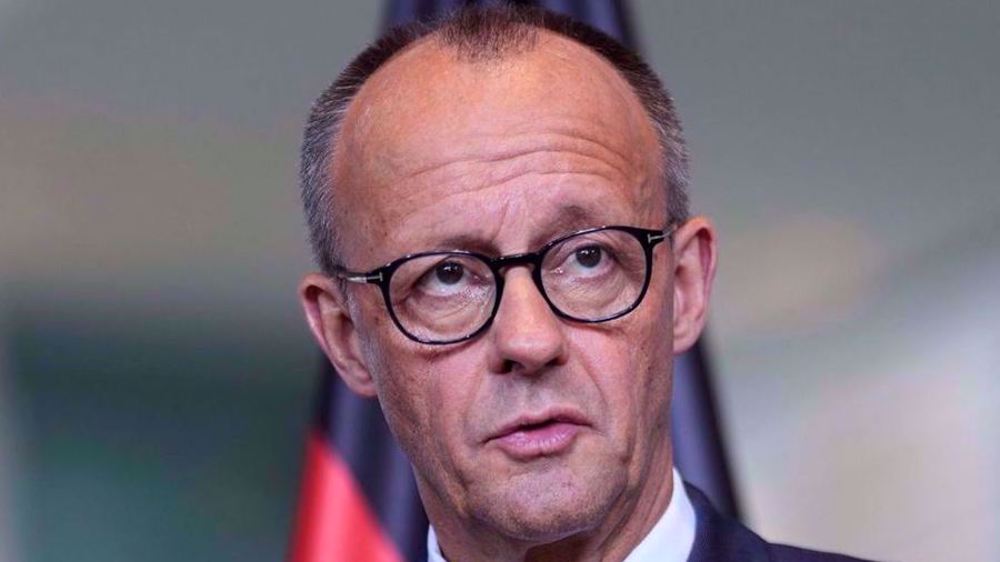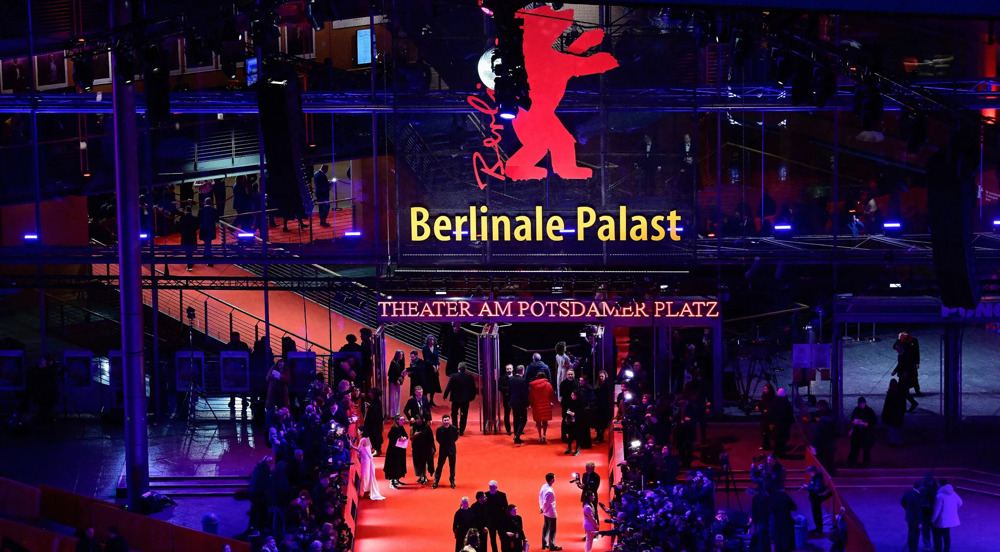Leaders of Germany’s SPD critical of coalition plan with Merkel
Senior figures in Social Democratic Party of Germany (SPD) have voiced concerns about a plan for forming a new coalition with Chancellor Angela Merkel’s conservatives, saying the SPD should have imposed more of its conditions on the other side.
“The same coalition with the same policies is not the right answer,” Berlin's SPD Mayor Michael Mueller said Sunday.
Mueller said a main condition of the SPD for entering a coalition with Merkel’s CDU/CSU bloc was to persuade the German leader of the need to impose higher rates of taxes on the rich and to restructure Germany’s two-tier health care system, issues he said were sacrificed by SPD leaders only to reach a broad agreement with Merkel.
Malu Dreyer, the SPD premier of Rhineland-Palatinate state, also slammed the party’s green light to Merkel to impose a cap on immigration. She said the stance on how Germany should cope with refugees as outlined in the coalition roadmap was "very difficult" for the SPD.
SPD chief Martin Schulz has hailed the preliminary coalition agreement as a major breakthrough. However, Merkel, who failed in her first bid in November to form a partnership with two smaller parties, should wait until next Saturday, when 600 SPD delegates will be asked to give the green light at a party congress and then the agreement with be subject to a final vote by more than 400,000 rank-and-file members.
Merkel has ruled Germany in a so-called grand coalition with the Social Democrats in eight of her 12 years in office. The two mainstream Germany parties fear a lack of consensus among them could give the far-right nationalist parties more of a say in German politics as the September general elections clearly showed that they are on the rise.
IRGC announces 'blinding' US, Israel's eye in region; vows harsher retaliation coming
Iraqi resistance leader urges Americans to ‘reclaim’ country from Israeli ‘puppet Trump
Iran blasts US-Israeli use of autonomous killer systems against civilians as 'war crime'
US-Israeli aggression left Tehran with no choice but to defend Itself: President Pezeshkian
Iran urges immediate intl. action against US attacks on schools
Iraq won’t allow terror groups to cross border into Iran: Security official
Iran’s security chief: Does America come first or Israel with 500 US soldiers killed?
Iran warns all Israeli embassies ‘legitimate targets’ if Lebanon embassy attacked













 This makes it easy to access the Press TV website
This makes it easy to access the Press TV website